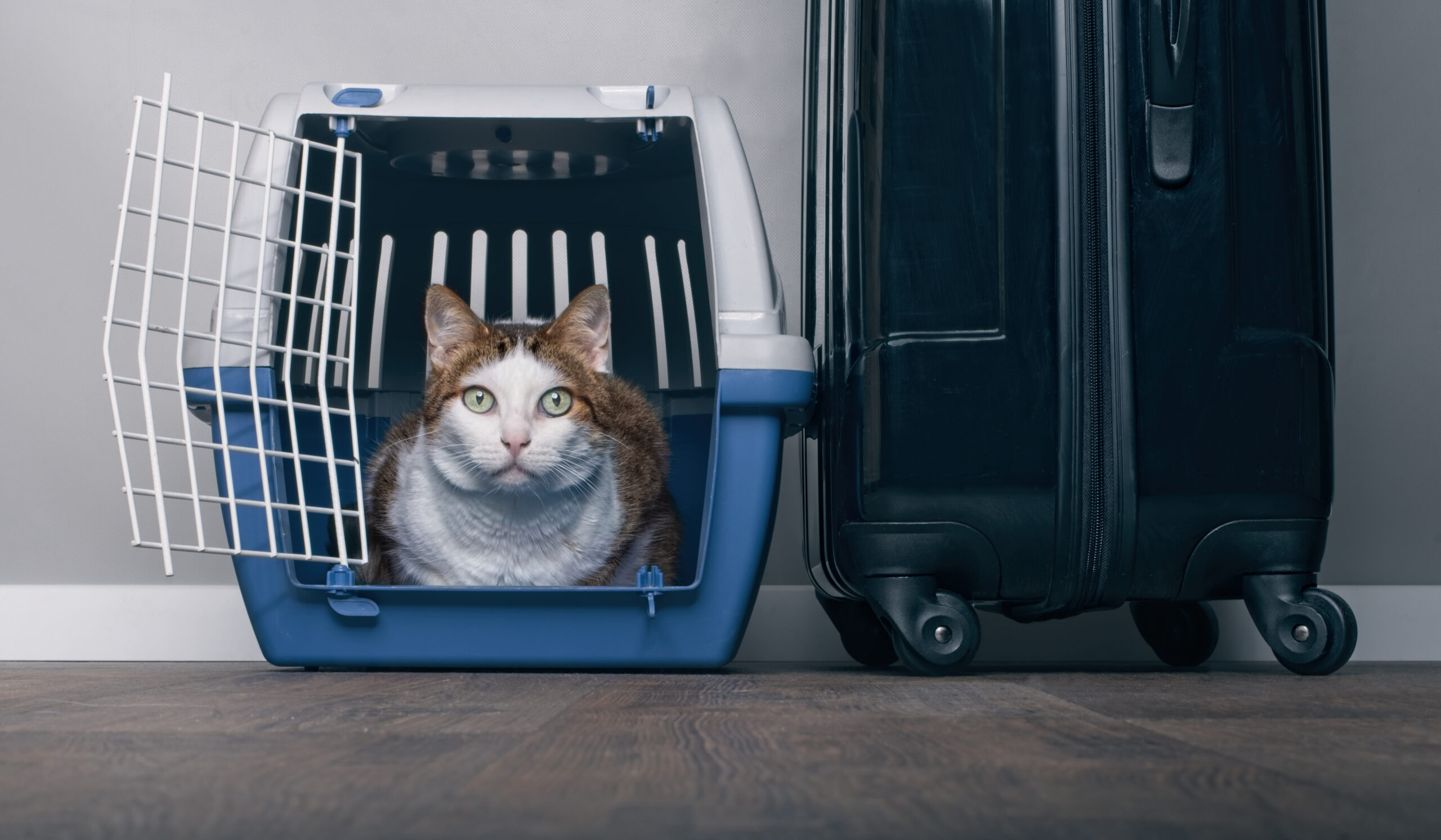While the first priority in any emergency situation should be ensuring the safety of yourself, your family, neighbors and friends, it’s important to remember the needs of non-human significant others. Family pets need care and attention during hurricanes, too.
Keep this checklist handy to make sure you have not overlooked preparations to ensure their health and safety — not to mention your own peace of mind.
WHAT DO DO WITH PETS
- Gather up pedigree and health records (including vaccination records) and lists of special dietary or other needs for your family’s pets. Keep this information together so you have quick access to it.
- Include contact information for your family veterinarian.
- Keep at least a one-month supply of any food and medications your pets may need, including flea and tick treatments, special shampoos, dietary supplements, etc. Label them clearly with your pet’s name and instructions for safe use of each product.
- Keep blankets, toys and cleaning supplies including paper towels, spray bottles and trash bags in air tight bags within a plastic tote container.
- Be sure to have enough pet carriers, leashes, muzzles and any other restraining equipment you might need, and label them with your pet’s name, your name and your contact information.
- You should have one clean, ready-to-use carrier for each pet, of the proper size to allow your animal sufficient room to move around.
- Decide ahead of time whether you will leave your pets at home, board them, or take them with you if you decide to evacuate.
BOARDING
- It won’t help to board pets anywhere within the area threatened by a hurricane — they won’t be any safer than they would be at home. Choose boarding facilities well out of the threatened area, and make arrangements in advance to get your pets to that location.
- Make arrangements with a trusted friend or relative to serve as your “backup” to pick up or drop off animals for you, just in case you can’t do it yourself while you are preparing for or recovering from a hurricane.
HOTELS
- If you plan to keep pets with you in a hotel, motel or campground, confirm ahead of time that the facility will accept your pets.
- Find out in advance if your lodgings have special requirements about where pets may be walked outdoors.
- Study your travel map ahead of time to determine where you will be able to stop to feed, water and exercise your pet.
STAYING AT HOME
- The safest thing to do is evacuate before a hurricane ever arrives — but if for some reason you can’t evacuate (or choose not to evacuate), make plans to keep your pets indoors until the emergency is over.
- Don’t let pets go outdoors until you’re certain it’s safe. Be sure power lines, dangerous tree limbs, wildlife and other hazards have been addressed before any family member or pet goes outdoors alone.
SHELTERS
- Ideally, it is best for pet owners not to rely on pet-friendly shelters; they should make plans in advance to take pets with them to a location out of the threatened area. However, if no other option exists, pet-friendly shelters will serve as locations where pets and their owner can stay in the same building.


